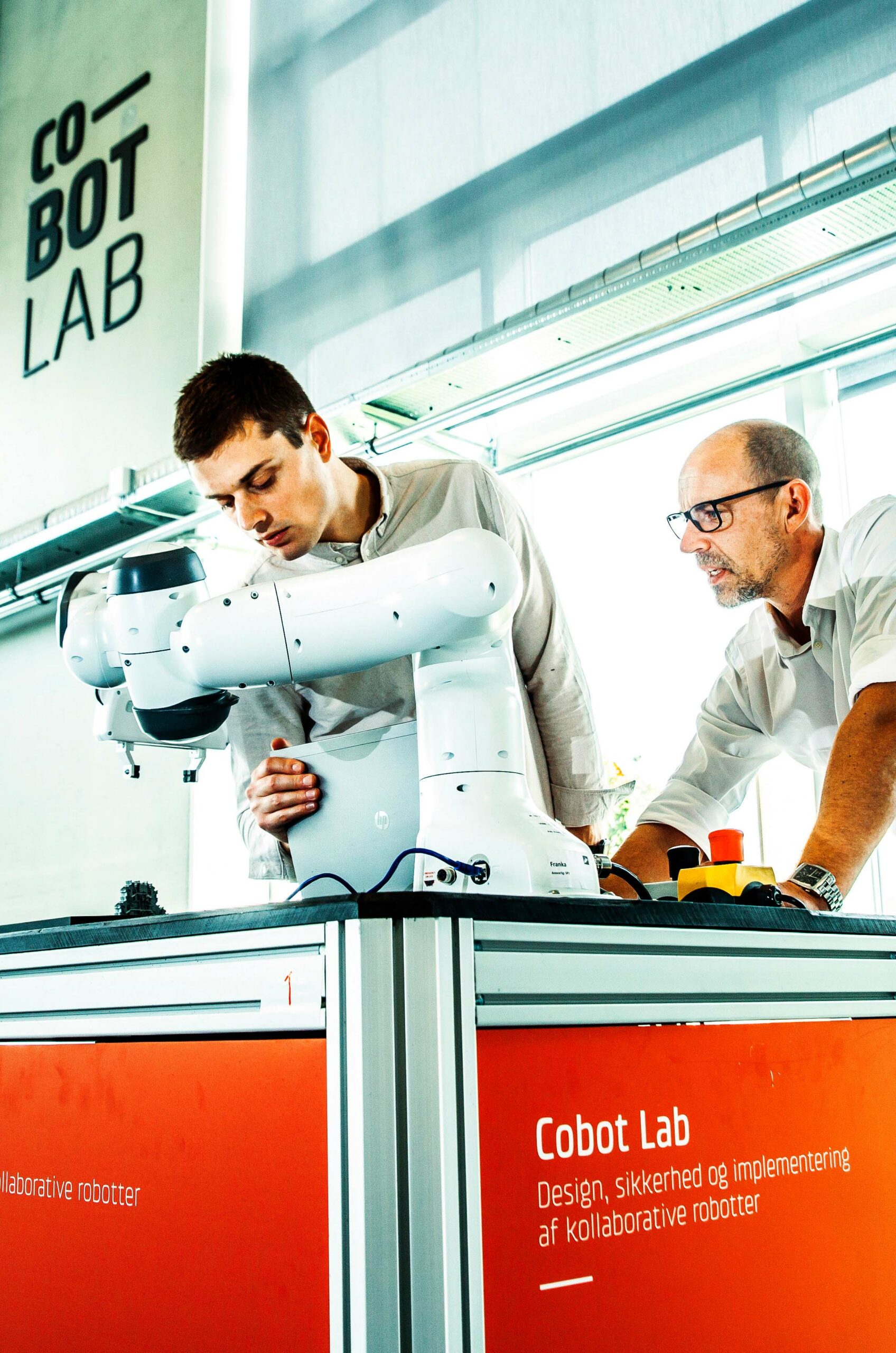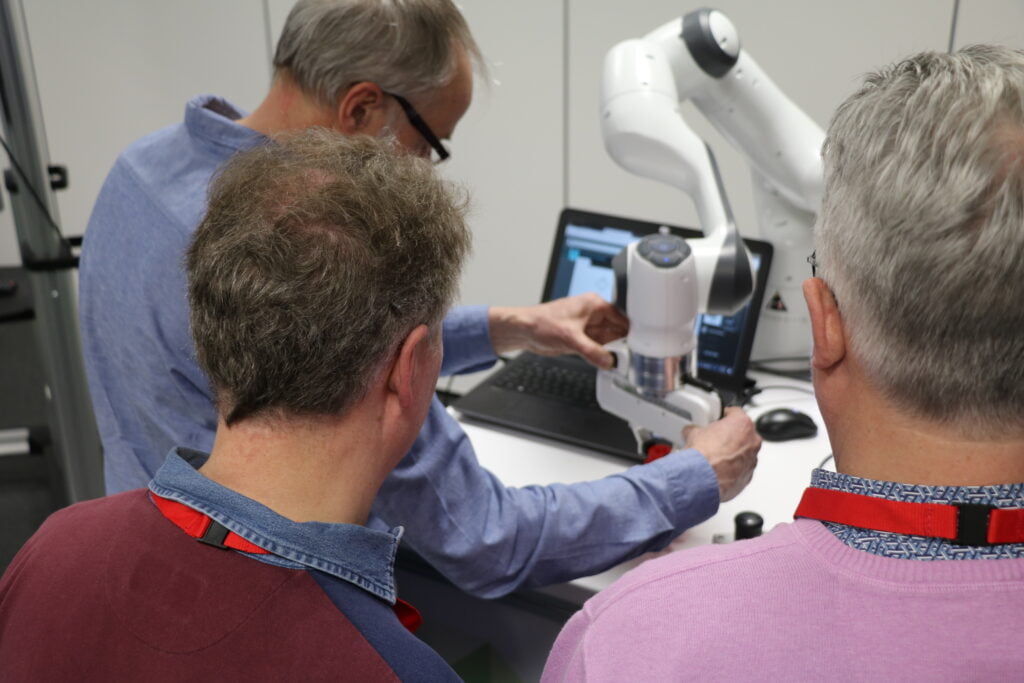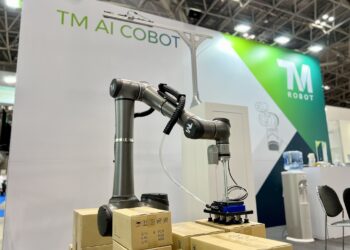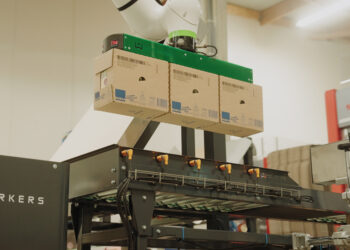The rise of cobots (collaborative robots), which are designed to work safely and efficiently with human workers, has had an impact on employment since their emergence. While some are optimistic about the potential improvement in productivity and efficiency, others raise questions about the future of work and its impact on the labour market. Let us take a closer look at the impact of cobots on employment, examining both opportunities and challenges.
Shift of labour
Cobots have the ability to take over repetitive, dangerous or monotonous tasks from human workers. This opens the door to a redistribution of labour, where workers can be freed from monotonous work to focus on tasks that require more human skills, such as creativity, problem-solving and interpersonal communication. This can lead to an improved employee experience and greater job satisfaction.
Moreover, cobots can contribute to improved workplace safety by automating dangerous tasks and reducing the risk of injury to human workers. This is particularly relevant in sectors such as construction, manufacturing and heavy industry, where workplace injuries are a real risk. By reducing workplace accidents, cobots can contribute to a healthier and safer working environment for everyone.

New skills
While cobots offer new opportunities, they also bring challenges to the labour market. One of the most pressing issues is the potential reduction of jobs due to automation. While cobots take over repetitive tasks, this may lead to a shift in demand for certain skills. Cobots may lead to a restructuring of organisations and sectors, with some jobs becoming redundant and new jobs created focused on maintaining, programming and managing cobots. This may result in a redistribution of jobs.

It is therefore important for policymakers, companies and educational institutions to be proactive in preparing workers for the future of work. This includes investing in retraining and upskilling, encouraging entrepreneurship and innovation, and creating a social safety net to support workers during the transition to new forms of employment.
Conclusion
All in all, the impact of cobots on employment is complex and multifaceted. While they offer new opportunities for improved productivity and safety, they also bring challenges for workers and organisations. WiredWorkers specialises in the implementation of collaborative robots and can help organisations train employees so they can learn the new skills that come with an automation journey. Request a free online consultation or get in touch!






